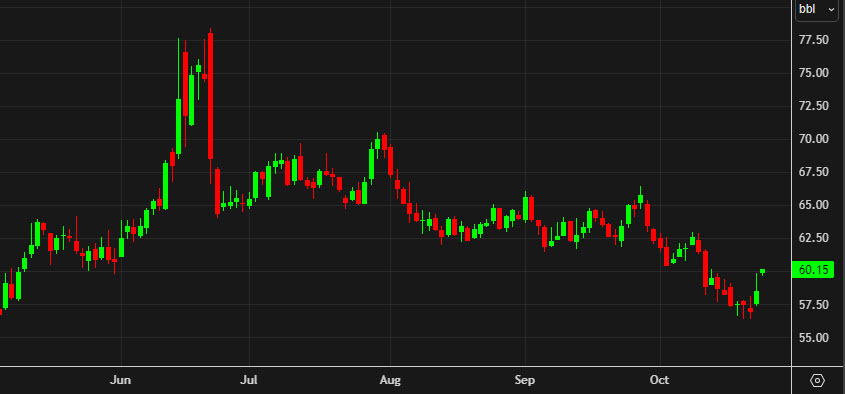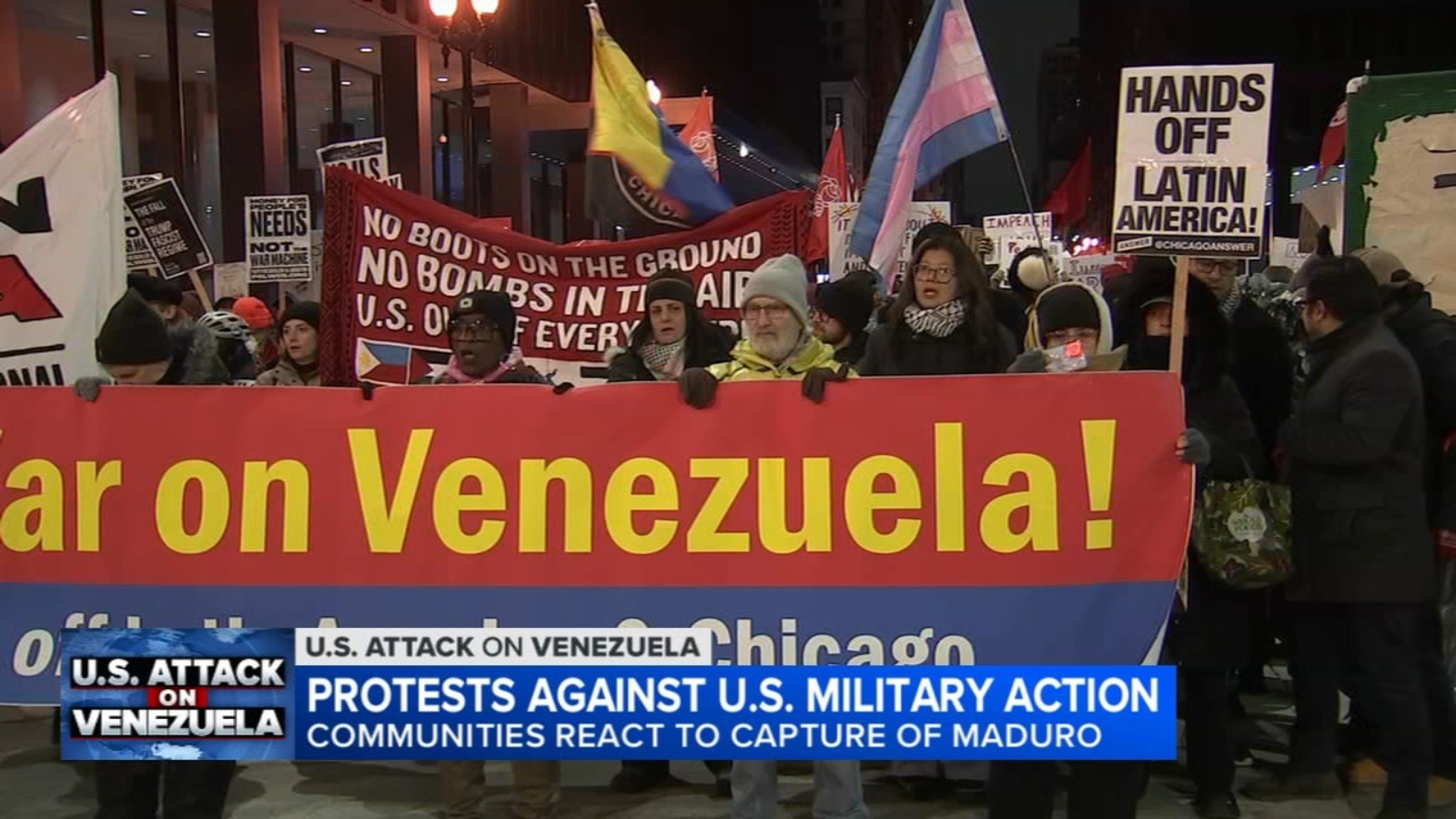The price of WTI crude oil has risen above $60 per barrel following the announcement of new sanctions targeting major Russian oil companies. On March 15, 2024, US President Donald Trump revealed sanctions against Lukoil and Rosneft, Russia’s two largest oil producers. This decision follows the cancellation of a scheduled meeting with Russian President Vladimir Putin and is part of Trump’s strategy to exert pressure on Russia amid the ongoing conflict in Ukraine.
During a press briefing, Trump stated it was “time” to enforce these sanctions, indicating that he had “waited a long time” before taking this measure. The sanctions are designed to significantly impact Russian oil production, which is vital to the country’s economy. The US Treasury has also suggested that further actions could be forthcoming, signaling a robust approach to addressing the situation.
The sanctions target Lukoil and Rosneft along with their majority-owned subsidiaries. However, the specifics of how these sanctions will be implemented remain unclear. Questions persist regarding potential secondary sanctions on other companies that engage in transactions with these firms, including banks and intermediaries.
In the immediate aftermath of the announcement, the oil market reacted positively. WTI crude climbed by $1.54, reaching $60.04 per barrel. This increase follows a rally that began when prices were around $57.50, likely driven by early reports of the sanctions.
Market Response and Future Implications
The market’s response indicates a degree of optimism regarding the potential impact of the sanctions. Investors are weighing the implications of reduced Russian oil output against the backdrop of an already volatile energy market. Analysts suggest that further sanctions could lead to tighter oil supplies, which may sustain or increase prices in the long term.
The situation presents a complex landscape for global oil markets, particularly as European nations continue to rely on Russian energy. With Trump’s administration emphasizing a tough stance on Russia, the ramifications for the oil industry could be significant, depending on how other nations respond.
As the situation develops, market participants will be closely monitoring any additional statements from the US government and the Treasury Department regarding the enforcement of these sanctions. The potential for secondary sanctions could alter the dynamics of international oil trading and influence global prices.
In summary, the recent sanctions imposed by the United States mark a notable escalation in efforts to pressure Russia over its actions in Ukraine. The immediate impact on crude oil prices reflects a broader concern over supply stability and geopolitical tensions in the region. As the international community reacts, the oil market will likely experience continued fluctuations.







